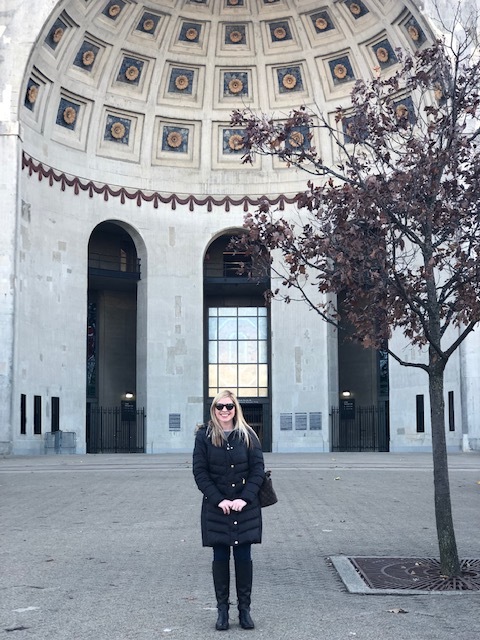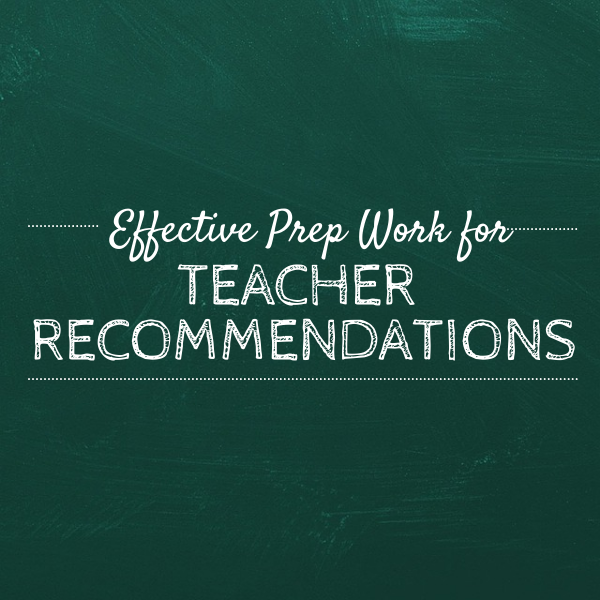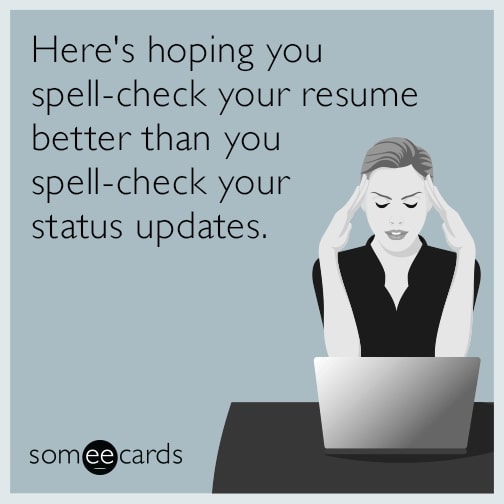Of all of the advice that I could provide about the many different topics relating to college visits, this is what I write about? Truth be told, though, I would estimate that about 3/4 of the parent-student fights relating to college visits revolve around what to wear!
The parent that embarrasses their student with too many questions on the tour is definitely in second place, and I’ll get to that another day! (Pro tip, and I’m looking at you, dads: don’t grill the tour guide about boys spending the night in dorm rooms. Your daughter will never forgive you. Save it for a private, anonymous phone call to the residence life office!)
In any case, since I’m all about stepping in to be the bad guy, I’m happy to discuss appropriate outfits. Parents and students: free to screen-shot this and show it to one another instead of fighting!
TAILOR YOUR OUTFIT FOR THE VISIT
I am writing this particular post for a typical visit involving a campus tour and information session, because most colleges do not provide on-campus interviews anymore. I realize there are still plenty that do (Wake Forest, W&M, etc.), but the majority do not. If you are attending an interview on campus or meeting with a professor, I would advise taking it up a notch.
DON’T OVER-DRESS!
I know it sounds silly, but this is the biggest mistake that I see. In news that will shock absolutely no one, I find that teenage boys are the one group that is not at fault for this particular issue :) However, I do see it a lot with girls and parents (or boys whose parents picked out their outfits).
For girls, it’s primarily about the shoe. Most of you cannot walk in heels, which is okay. You are a teenager and no one expects you to have extensive experience with heels! At best, you will look kind of silly if you show up to a campus hobbling around in shoes that make it difficult for you to walk. Worst case, you will look like you have no common sense. At the same time, you don’t have to wear a pair of grungy sneakers, either: find a comfortable flat. I personally LIVE in Rothy’s on college visits and even better, they are eco-friendly! If you are set on sneakers for the tour, that is fine as long as they are clean and you swap them out for something dressier for the information session.
For parents, I’d really try to avoid wearing a suit. I know this can be tempting, but think business casual, or even a cross between casual and business casual. If you wear a suit, you will stand out. In general, you want to avoid standing out and you just want to blend in with the group. I promise that when a tour guide comes back to talk about a parent that stands out, it’s not in a positive way. By the way, the “no heels” rule does not apply to moms. Typically, a grown woman who would choose to wear heels on a campus tour is used to walking in them, so that’s fine.
I’m going to throw the boys in here too - please, please, do not force your son to wear a suit. He will look silly and out of place. This is even worse than you wearing a suit, because at least you will likely look comfortable. More on what he should wear later.
DON’T UNDER-DRESS!
Yes, I had to say it! Just because you don’t want to overdress doesn’t mean under-dressing is okay, either. It’s not. Anything ripped or torn (even fashionably so) is off limits. Certainly, nothing objectionable. I’d put the MAGA hat away, or basically any hat for that matter. In general, if a shirt has words written on it, it’s probably not appropriate to wear. Jeans are fine as long as they are “nice” and in good condition.
Also, make sure that your clothes are pressed and clean. The same khaki shorts and collared shirt will present very differently if they are wrinkled vs. straight out of the dry cleaning bag. I would strongly advise wearing a different outfit in the car if you are taking a car ride longer than an hour or so. Wear something comfortable and then stop at a Starbucks near campus to change. Even if you have a shorter car ride, you may want to err on the side of caution and bring a change of clothes just in case you spill something on yourself. I am notorious for spilling iced coffee (what can I say!) so i always have a change of clothes ready.
CONSIDER LAYERS
Especially if your visit will take place during spring break when the weather is unpredictable, make sure to consider layers. Even if you don’t want to hold extra options with you, keep them in the car. Particularly if you are visiting multiple schools in the same day, it’s very possible that the day will start off cool, become warm, and then end cool again. You don’t want to freeze or melt!
TRY EVERYTHING ON IN ADVANCE
Don’t wait till the morning of the trip to pick out your outfit. Set it all out on your bed a few weeks in advance, so you have time to buy something new if needed. I would recommend laying out everything that you’d like to wear and making sure that it all looks good paired together (including shoes and any accessories), and then once you have it all picked out, try it on to make sure it fits well. This is really important, as you could wear the nicest, cleanest, most appropriate outfit and it will not look good if it doesn’t fit. Think Goldilocks: avoid clothing that is too big or too small, and shoot for “just right.” Also, if you have any doubts about how something will fit while walking (i.e. a skirt that might ride up), practice walking around the block.
PREPARE FOR RAIN
College visits in the rain are the worst. If you are visiting a school locally and it’s easy to postpone your trip, you may want to do that. Otherwise, dress accordingly so that you are prepared rain or shine! If you’ve flown all the way to a school and it does rain, try not to skip the tour, as tempting as it will be. Make sure to pack rain gear and an umbrella for each person that will be touring, even if it doesn’t look like rain will be in the forecast. It’s better to be prepared, and you just know that if you lug all your raincoats somewhere, it won’t end up raining - so think of it as an insurance policy for good weather! On that note - don’t forget your sunglasses, either!
—





















